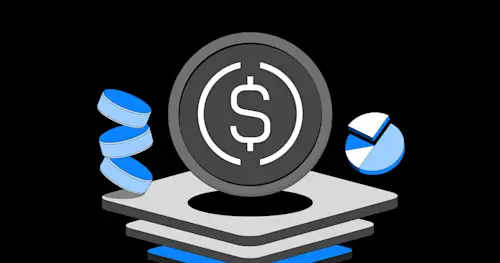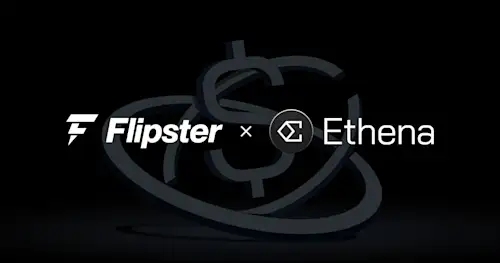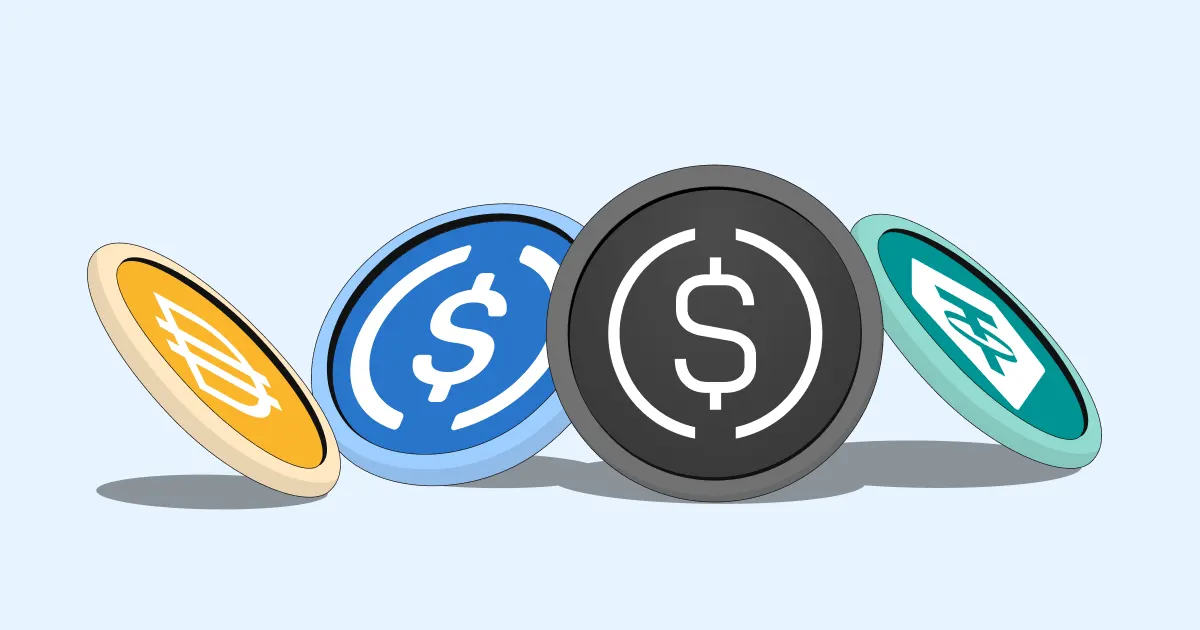相关文章





Stablecoins and digital dollars are essential to crypto trading, providing a bridge between volatile markets and dollar-denominated value. Yet, not all are designed the same: some simply preserve value, while others may offer opportunities to participate in platform-based reward programs.
Here’s a comparison of four leading ones in 2025:
USDe, developed by Ethena Labs, maintains its value through a delta-hedging strategy using crypto derivatives like perpetual futures. This structure balances long and short positions to neutralize price risk and keep USDe stable.
Backing:
Crypto and derivatives-based hedging
Issuer:
Ethena Labs
Rewards:
Available via partner platforms such as Flipster
Use case:
Active trading, passive holding, and accessing promotional programs
DAI, issued by MakerDAO, remains one of the most recognized decentralized stablecoins. It’s minted through overcollateralized positions using assets like ETH, stETH, or USDC. DAI also offers optional returns through the DAI Savings Rate (DSR).
Backing:
Overcollateralized crypto reserves
Issuer:
MakerDAO (decentralized)
Rewards:
Eligible on selected DeFi platforms
Use case:
DeFi lending and liquidity
USDT and USDC dominate stablecoin liquidity, backed by fiat reserves such as cash and U.S. Treasuries.
Backing:
Fiat reserves
Issuer:
Centralized companies
Rewards:
Not native; may be offered by
partner platforms
like Flipster
Use case:
Trading and settlements
Modern traders look for assets that do more than preserve value. USDe offers flexible participation in reward programs, DAI provides moderate DeFi-based returns, and USDT/USDC offer stability with platform-dependent reward options.
By integrating synthetic and fiat-backed stablecoins, Flipster helps traders manage exposure, collateral, and reward opportunities efficiently.



